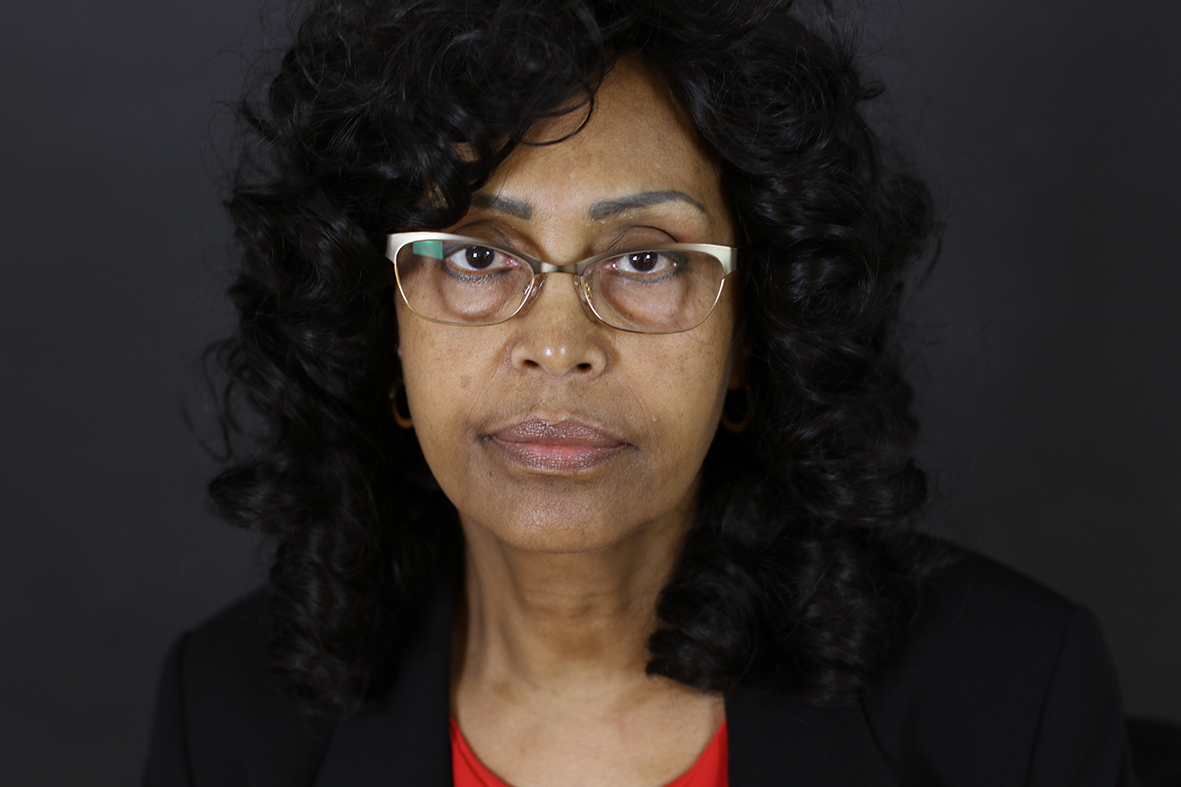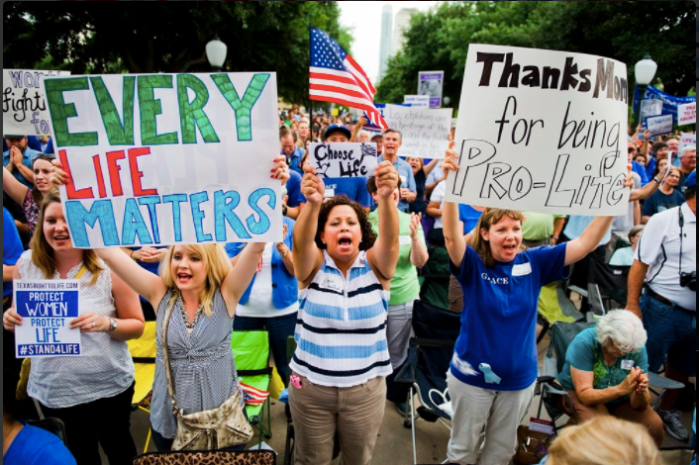By Natalie Demirian
Meheret Dawit spent half her life unaware she was a survivor of a brutal ritual that has been inflicted on more than 200 million women and girls around the world.
Born in the East African nation of Eritrea to a Christian family, Dawit underwent female genital mutilation when she was only months old. She moved with her family to Ethiopia when she was 3.
It was only when she immigrated to Sweden as a young woman that Dawit, 58, discovered she had undergone female genital mutilation. She is now an activist, working to end the procedure.
Monday marks the fifth annual International Day of Zero Tolerance to Female Genital Mutilation. The United Nations designated the day in an effort to spread awareness, with the goal of ending the practice by 2030. The World Health Organization classifies female genital mutilation as “the partial or total removal of the female external genitalia or other injury to the female genital organs for non-medical reasons.” The procedure is recognized as a violation of fundamental human rights, according to Sanctuary for Families, a New York City-based organization dedicated to helping victims of domestic and gender violence. The harmful procedure is still practiced in 30 countries throughout Africa, parts of the Middle East and pockets of Asia.
It was outlawed in the U.S. 20 years ago but cases are on the rise because of the increase in immigrants from countries where it is practiced.
The U.S. Centers for Disease Control and Prevention estimates that more than 500,000 women and girls in the United States live at risk of FGM, a significant increase in recent years. The actual number of women and girls here who have had the procedure is unknown because the data are unreliable. But the uptick in potential cases has gotten the attention of lawmakers.
In December, then-Sen. Harry Reid of Nevada hosted a “U.S. Girl Summit” to bring attention to the issue. It followed the release of a government report that highlighted the failure of U.S. authorities to deal with FGM, along with a lack of guidelines and funding. In her case, Dawit found learned she was a victim during a visit to her doctor in Sweden, during a pregnancy checkup.
“I was really sad, I cried,” Dawit said, recalling the experience. “I had no idea that this had happened to me. It was a trauma. And since that day, I knew I wanted to spend the rest of my life working to make sure that this doesn’t happen to more girls.” Today, Dawit works as a teacher in Stockholm and is chairwoman of an organization that supports Eritrean women. She also a member of other groups that combat FGM.
The practice, she said, is not about religion. “It’s about ‘honor cultures’ where the woman isn’t allowed to be a sexual being. She is just supposed to wait in her place, get pregnant and bear children. She isn’t allowed to covet or enjoy anything.” It will take years, she added, to end the practice. “There has to be a serious fight globally. And in the countries where female genital mutilation occurs, proper laws have to be put in place and proper education has to be spread.” Metro New York and Reuters contributed to this report.
RELATED: U.S. says to bolster efforts to end female genital mutilation
International Day of Zero Tolerance for FGM seeks to end harmful ritual

Siri Amram/Metro Sweden


















